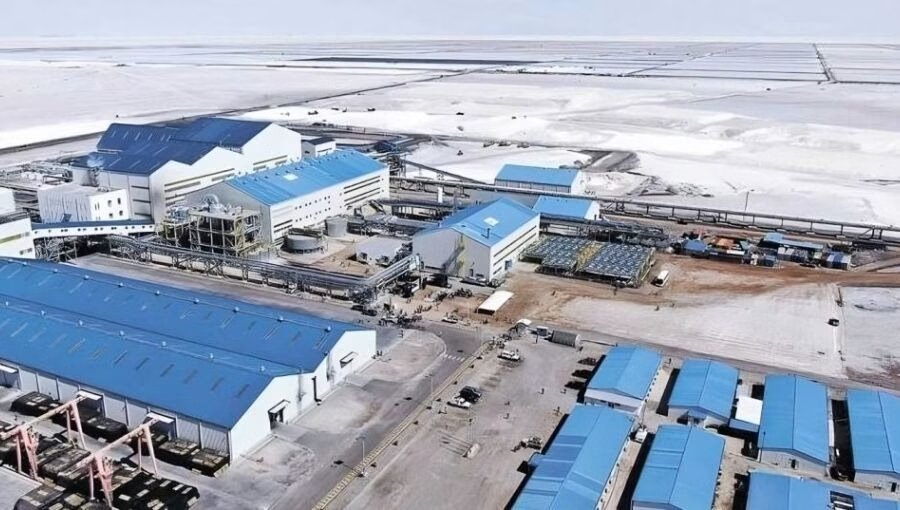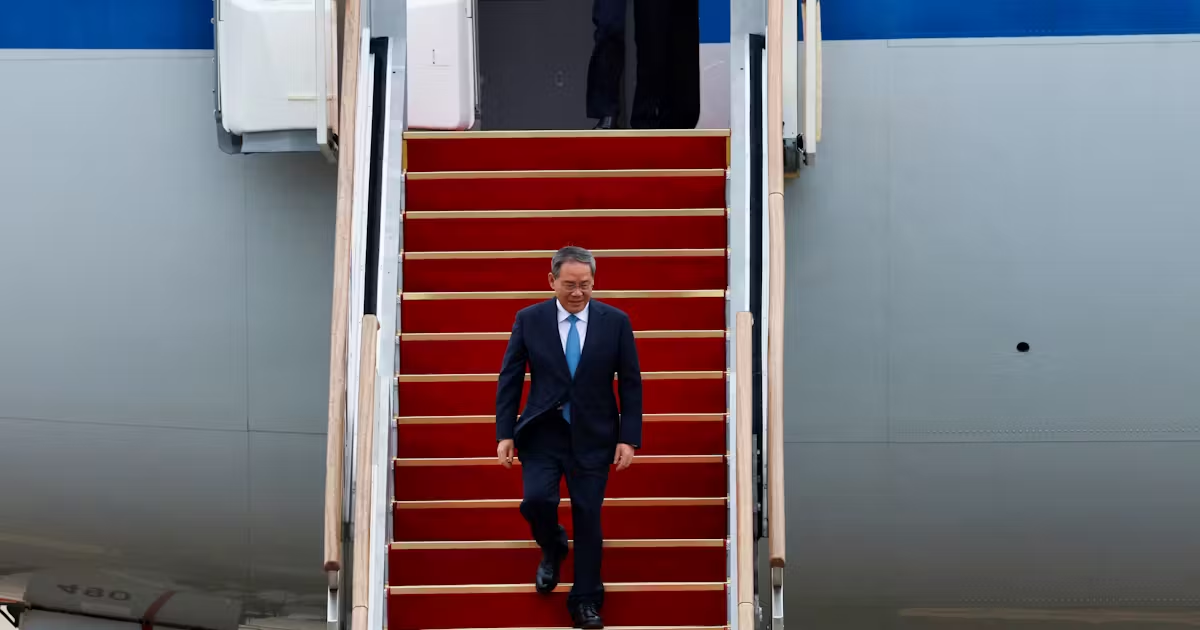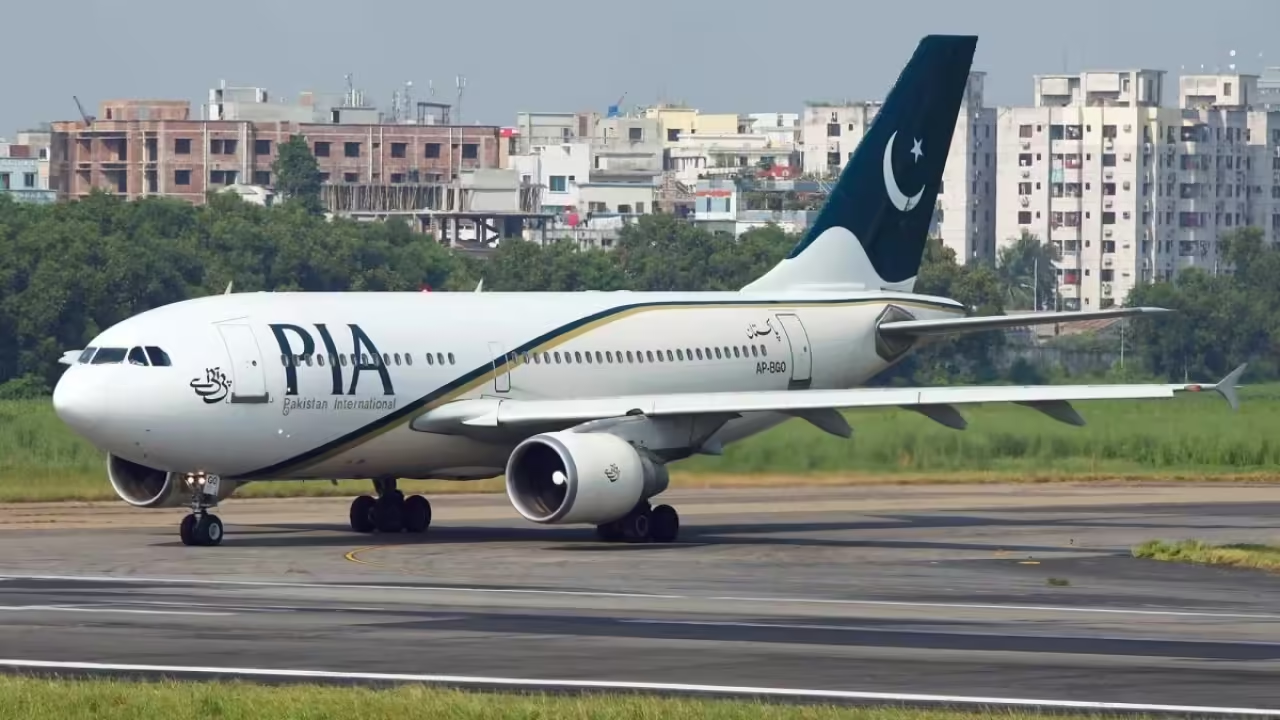Germany’s Foreign Minister, Wadephul, has highlighted Bolivia’s strategic importance as a supplier of critical raw materials, particularly lithium — an element essential for electric mobility, renewable energy storage, and digital technology. Speaking ahead of his visit to the South American nation, Wadephul emphasized that “Bolivia is rich in raw materials, especially lithium, which is indispensable for our energy transition, for electric mobility, and for many other sectors in Germany.”
Bolivia possesses the world’s largest lithium reserves, crucial for manufacturing batteries used in electric vehicles, smartphones, laptops, and renewable energy systems. As global demand for lithium-ion batteries continues to surge, Germany is seeking to diversify its supply chains and reduce dependency on China.
Wadephul also pointed to Bolivia’s “impressive potential” in rare earth elements, another category of essential raw materials used in high-tech and green industries. “Our potential for cooperation is large,” he noted, suggesting closer industrial and trade ties between Berlin and La Paz.
Talks with Bolivia’s New Leadership
During his trip to the southeastern city of Santa Cruz, Wadephul is set to meet Bolivia’s new president, Rodrigo Paz Pereira, who recently took office after winning October’s run-off election. Paz, a moderate reformer from the Christian Democratic Party, has pledged to rebuild the nation after years of political and economic turbulence under left-wing governments.
Wadephul will also hold meetings with Bolivia’s new foreign minister, Fernando Hugo Aramayo, and local business leaders to discuss trade, investment, and sustainable resource management.
President Paz faces a daunting set of challenges, including high inflation, severe shortages of fuel, food, and medicine, and an ongoing economic crisis in one of South America’s poorest nations.
Bolivia’s Mercosur Ambitions and EU Trade Prospects
The German foreign minister praised Paz’s intent to open Bolivia to international cooperation, stating, “Bolivia has our full support in this.” He added that Bolivia, as a new member of Mercosur, could soon join the long-awaited EU-Mercosur trade agreement — a pact involving Brazil, Argentina, Paraguay, Uruguay, and the European Union’s 27 member states.
If finalized, the deal would create one of the world’s largest free trade zones, encompassing over 700 million people. The European Commission has described it as a major step toward reducing tariffs and trade barriers, while also countering protectionist trade policies, including those associated with US President Donald Trump’s administration.
Wadephul said the agreement could provide “an additional boost for German-Bolivian economic relations,” opening new opportunities for cooperation in sustainable mining, clean energy, and industrial development.
Currently, the EU-Mercosur agreement does not include Bolivia or Venezuela (suspended since 2016), but Bolivia’s entry into Mercosur could pave the way for its eventual participation — further strengthening its ties with Europe and expanding its global trade reach.



